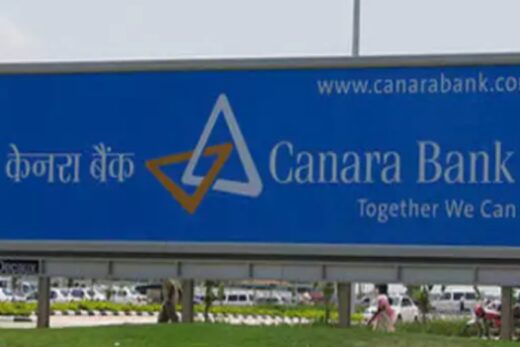The fundraising is still cheaper than selling equity and has diminished the need for immediate equity capital infusion. HDFC Bank is the only large Indian bank that has not raised equity capital since the beginning of the last financial year.
“Possibly, it is slightly higher than what we would have been able to raise domestically,” said Ashish Parthasarathy, treasurer at HDFC Bank, in an interaction with ET.
“If you have enough AT1 capital, it reduces the need of raising (equity) capital,” he said.
The bank raised those bonds offshore as a part of the capital planning process while broadening the investor base.
“If you compare AT1 cost with the cost of equity, from that perspective it (AT1) is much cheaper,” said the treasurer.
While the bank sold dollar bonds, it will be using a rupee-denominated book for the proceeds. It will have to hedge at some point in time covering the foreign exchange risk. The cost of covering adds to the funding cost.
“You have to balance it between the need of the future and market availability,” Parthasarathy said.
The bank, which is readying itself for future growth, appears ready to bear any small additional cost for diversification.
Diversifying the investor base has a cost to pay, Parthasarathy said.
The treasurer declined to disclose the total cost after covering the currency risk. Due to high demand, the pricing of those bonds was tightened to 3.70 per cent from the initially offered 4.125 per cent. Bonds have a five-year call option.
“Global investors will look for how capable the bank is of calling the issue after five years,” said Parthasarathy.
Additional Tier 1 bonds are billed as quasi-equity securities that bear a higher risk of capital losses. Those are generally rated two-to-four notches lower than an issuer’s corporate credit rating.
Global rating company Moody’s rated them as Ba3, three notches below the deposit ratings.
The bank’s capital adequacy ratio is 19.1 in the June quarter. The CET1 (Common Equity) is at 17.2 per cent, much above the threshold of 6.125 per cent.
A borrower is also barred from paying a coupon on those bonds if it incurs losses in a financial year.
“There is a gap of almost 11 per cent for the capital to fall before investors feel it is risky,” said the treasurer. “The Timing is right as there is so much liquidity in the market. The yields are low.”
The AT1 bond sale received about $4.25 billion worth of bids, with global investors like GIC Singapore, Blackrock, Fidelity Investment, HSBC Global Asset Management, JP Morgan Asset Management, Lombard Odier and Value Partners rushing to buy the papers, three market sources told ET on August 16.



